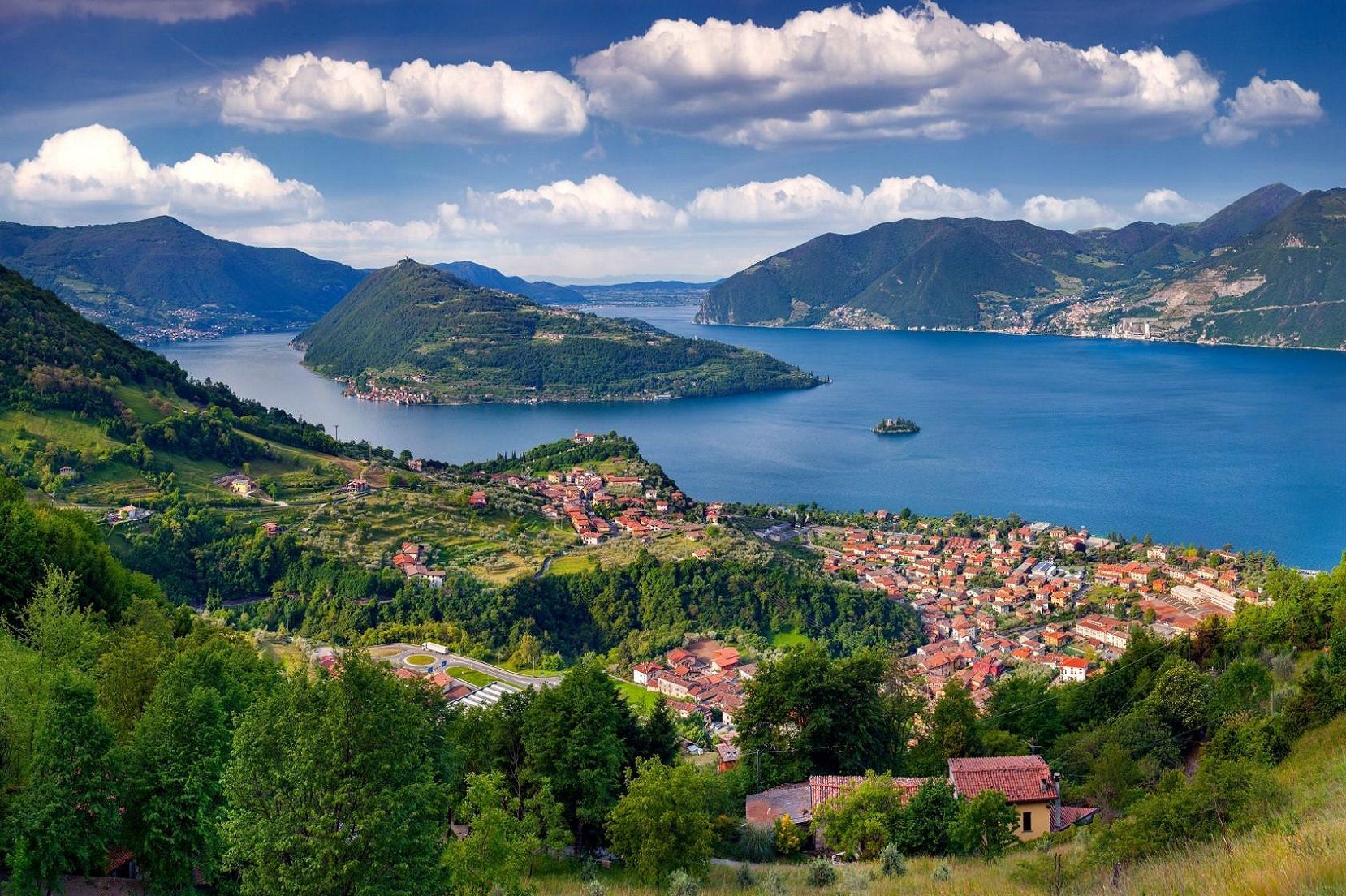Message of Abbot Paul - Friday 28th July 2023
Abbot Paul • July 28, 2023



When you read this message today, I will be travelling to Italy for the weekend. I was hoping for a few extra days, but it just wasn’t possible at this time. Not to worry, a change is as good as a rest, and I look forward to returning to the mountains around Lake Iseo, the deepest lake in Europe, and the lake itself. Nearby there’s also my favourite lake, one of the smallest in Italy, Lago d’Endine, all in the province of Bergamo. No doubt a lot will be fitted into the weekend and, God willing, I will be back late on Monday night, refreshed and ready to start work again early on Tuesday morning. In the meantime, Toby is taking a short break at his favourite kennels, Cosy Toes, just down the road from Belmont. Which reminds me, I still have to throw a few things into a bag ready for the journey. Before Covid I was so accustomed to travel, that it only takes a few minutes.
Today’s Gospel passage from Matthew, (Mt 13: 18-23), sees Jesus explaining the Parable of the Sower. This is what he tells his disciples. “You are to hear the parable of the sower. When anyone hears the word of the kingdom without understanding, the evil one comes and carries off what was sown in his heart: this is the man who received the seed on the edge of the path. The one who received it on patches of rock is the man who hears the word and welcomes it at once with joy. But he has no root in him, he does not last; let some trial come, or some persecution on account of the word, and he falls away at once. The one who received the seed in thorns is the man who hears the word, but the worries of this world and the lure of riches choke the word and so he produces nothing. And the one who received the seed in rich soil is the man who hears the word and understands it; he is the one who yields a harvest and produces now a hundredfold, now sixty, now thirty.”
I have the feeling that I oscillate between the different people mentioned by Jesus. In many of us there is an intrinsic instability. Perhaps, that’s why St Benedict placed so much emphasis on stability in his Rule, making it one of the three Benedictine vows. The good thing is that, with the help of God and those around us, we can work on the soil of our hearts, transforming it into the rich soil God the Sower needs when sowing the seed of his word, so that we can produce that rich harvest of goodness and love that will lead us to the eternal joys of the kingdom.









